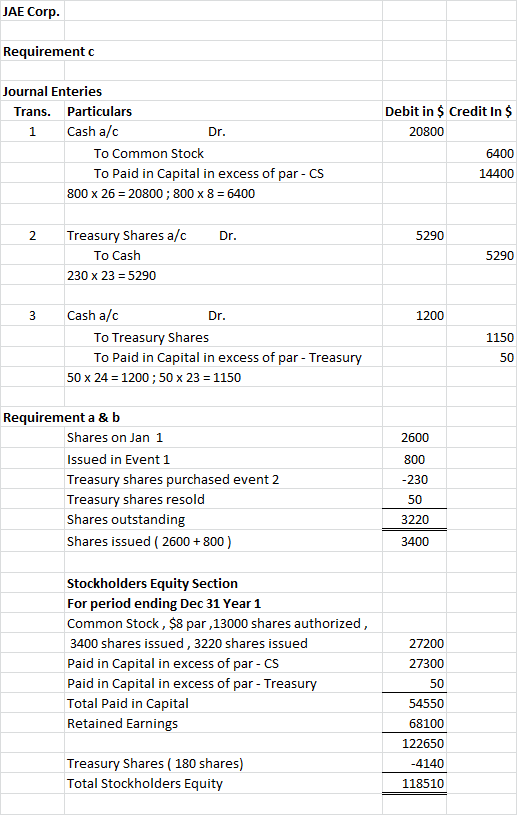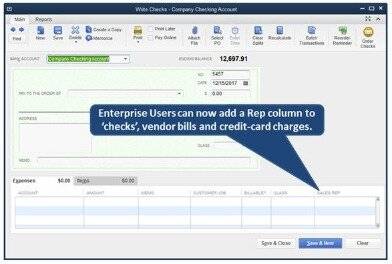Bookkeeping
20 Business Ideas for Women

This can be challenging if you’ve operated under the cash method for a long time, but it will most likely be more efficient. As a business owner, bookkeeping may not rank high on your list of priorities. However, maintaining accurate financial records is key to your business’s success.

Set a date early enough each month to give you time to prepare the paperwork. All you have to do is scan the paper, check the details, then move on to the next one. Make sure to read online reviews, compare different pricing options, and see which features are included in the service. Her work has appeared on Business.com, Business News Daily, FitSmallBusiness.com, CentsibleMoney.com, and Kin Insurance. Unlike accounting, bookkeeping does not require any certifications.
Best Free Accounting Software for Small Businesses
Keeping track of bookkeeping tasks as a small business owner can be challenging. You have to know the ins and outs of your business expenses and all your personal and business finances. This means recording transactions and saving bills, invoices and receipts so you have all the data you need to run reports. Accounting software makes it easy to store these documents and reference them in case of an accounting error or audit.
The accrual method of accounting provides a broader financial picture, so you adjust your business operations should your financial outlook not be favorable. A disadvantage is that you may not always know what funds you have on hand, and you might not have the necessary funds if you have many outstanding invoices. Cash-based accounting is the simpler of the two methods and is used for short business cycles when inventory is not involved. Businesses that sell directly to consumers and have annual revenue over $25 million can’t use this method. You’ll be responsible for accurate payments to employees and taxing authorities.

The accrual accounting method records financial transactions when they occur rather than when cash exchanges hands. Small-business owners know that smart money management is one of the most crucial aspects of success, regardless of how much revenue a company brings in. How you keep your books can make or break your business, because those accounting records are the only true representation of your profits and losses. Income statements feature the business expenses and revenue by different categorized profit centers. Ideally, you also want to find a bookkeeper or accounting firm that has experience in your industry. Just as reporting standards vary regionally, they also vary by industry.
Recognize Business vs Personal Expenses
If you avoid your books time and time again, you’ll find yourself buried in small business bookkeeping. Make time to review and update your books so you can avoid accounting tasks piling up. First, you’ll have to expand your definition of the word “accounts.” In bookkeeping, accounts are categories back office services definition like income, expenses, assets, liabilities, or equity. In this article, we’ll continue to use the term accounts for simplicity. Single-entry bookkeeping is simpler, and is usually used by businesses with few or no employees, minimal plans to scale, and no need for in-depth financial reporting.
If you choose to use double-entry bookkeeping—and we strongly suggest you do! We’ll show you examples of how to record a transaction as both a credit and debit later on. As the business landscape continues to evolve, women entrepreneurs play a crucial role in shaping its future. So, take the leap, explore the options, and embark on a rewarding journey of entrepreneurship that’s uniquely yours. If you’re a fan of photography, consider starting your own photography business. It’s one of the top ideas for women because it’s relatively easy to get started, and you can create a niche offering easily.
Online bookkeeping method
The next step in learning how to keep books for small business is to understand your responsibility to pay sales tax. Now that you’ve chosen and set up your system, it’s time to create processes. If you dread bookkeeping but feel it’s not worth outsourcing, you’re not alone. The assets section of your balance sheet tells you how much value your business has, while the liabilities section tells you how much money you owe. But you still need to note that the money exited one account and entered another so you don’t accidentally duplicate any of your income or expenses.
- Bookkeeping is the backbone of your accounting and financial systems, and can impact the growth and success of your small business.
- Luckily, most modern-day bookkeeping and accounting software have tools that make cash flow tracking a breeze.
- The two most important reports to start with are the Income Statement and the Balance Sheet.
One of the best things you can do to ensure your books balance properly is to follow the three golden bookkeeping rules. Balancing your books allows you to catch any errors or mistakes in your bookkeeping. By maintaining up-to-date records, you’ll be able to make informed financial decisions and stay on top of your business’s financial health. Similarly, an accurate representation of your current bookkeeping will allow you to forecast realistic financial goals for your business to hit over the next quarter or year. It’s important to send invoices right after delivering the goods or performing services. The customer is more likely to pay fast, given that the service is fresh in their minds.
We suggest turning reconciliation into a habit and doing it at least monthly to prevent the work from piling up and becoming overwhelming. Any purchases you make or money you spend on the operation of your business (toward things like supplies, utilities, or advertising) goes under expenses. Liabilities refer to money you owe that will leave your business and get paid to another party at a future date. As procrastination-worthy as it may seem, bookkeeping is a necessary part of successfully running your business.
Keep track of cash payments
With accurate bookkeeping, you can tell how much your business is making in terms of income and track your spending to ensure that you have enough cash on hand to cover your business expenses. Proper financial records make it easier for you to analyze the financial state of your firm and determine areas that need improvement. Centuries ago, businesses would record their financial transactions in a physical book called the general ledger (GL). It keeps you up to speed with how the business is performing and growing. Small businesses also manage their own accounts receivable to make sure they get paid on time for goods and services that have already been bought or rendered. The process involves sending estimates and invoices and keeping track of due dates.
Designate Tasks
QuickBooks cloud accounting software also has options for payroll, expense tracking, and inventory. A program like this makes it a lot easier to check your records on your laptop or smartphone even when you’re out of the office. Fortunately, small business owners don’t need to be experts in mathematics to find success when doing their own bookkeeping.
Determine how your customers will pay you
On top of that, you need the data used in bookkeeping to file your taxes accurately. As a business owner, it is important to understand your company’s financial health. Bookkeeping puts all the information in so that you can extract the necessary information to make decisions about hiring, marketing and growth. Though often confused for each other, there are key differences between bookkeeping and accounting. At its core, bookkeeping is about recording financial data, while accounting is about interpreting financial data. If you’re paying your taxes in instalments, quarterly and even monthly financial reports can really come in handy.



Bài viết mới nhất
How to get the perfect bi woman for your couple
How to get the perfect bi woman for your couple Finding an[...]
Take the first step with hookup website you today
Take the first step with hookup website you today When it comes[...]
what’s a milf and just why if you date one?
what’s a milf and just why if you date one? A milf[...]
Business Functions and Organizations
Whether the business is a huge corporation or possibly a small internet[...]
Safe and sound Data Operations
Safe and Secure Info Management Data breaches, ransomware attacks, adware and spyware,[...]
Exactly what are Business Values?
Essentially, business ethics will be the moral principles that can be guidelines[...]
Denver Glucose Babies& Glucose Daddy Denver On Line [month] 2023
Denver Sugar Babies& sugar daddy denver On Line [month] 2023 Webpage Contents[...]
LatinAmericanCupid Review – Legit dating site or fraud? |
A lot of men in the us are seeking an attractive Latinalicous[...]